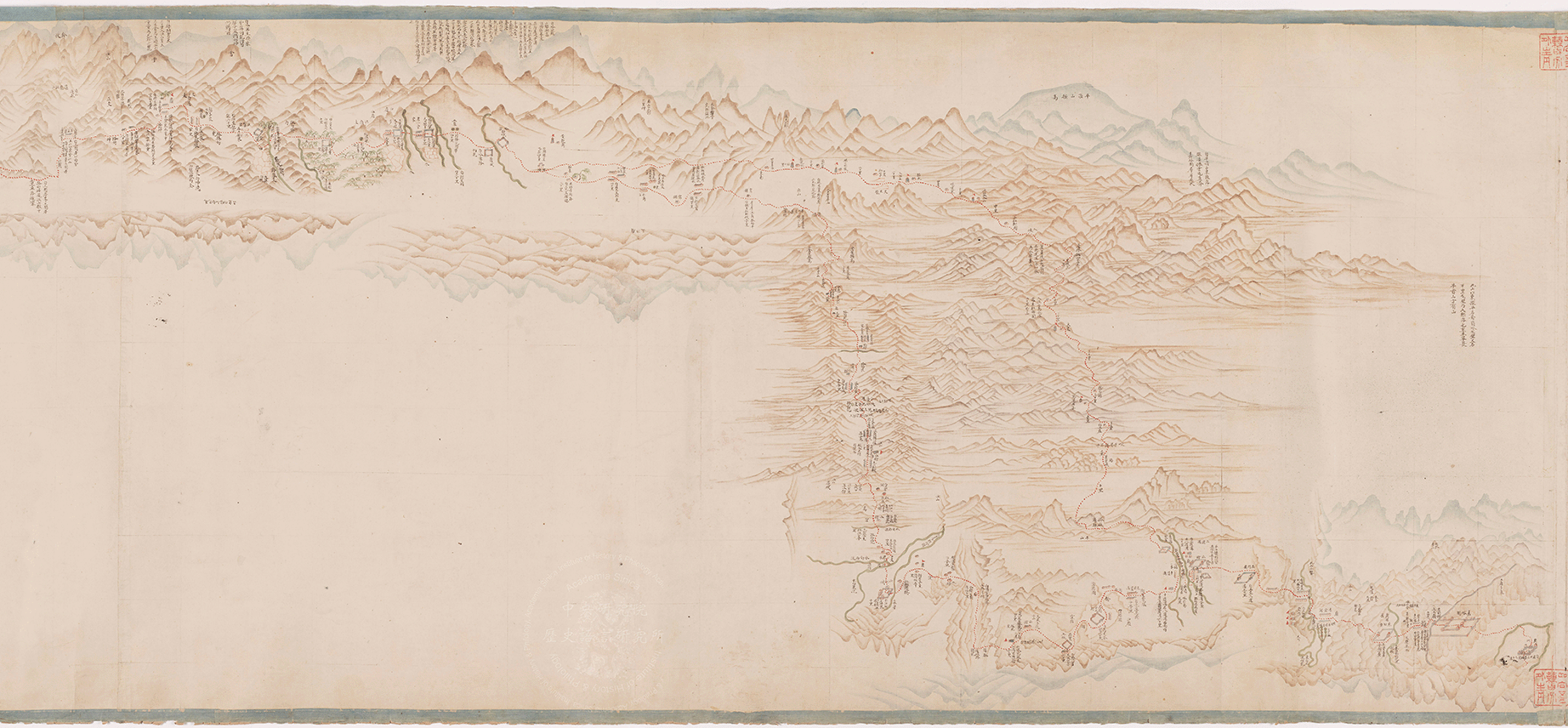For many of us, it is hard to escape the portrayal of the Qing dynasty as a “closed-door state,” but does this impression match reality? From the reigns of the Kangxi to the Qianlong emperors, namely 1661–1796, the Qing Empire operated an intelligence network that spanned Europe and Asia, giving the court an astonishing level of knowledge of parts of the world. This talk will analyze the rise and decline of this Qing intelligence network in Ladakh and Tibet from the perspective of information transmission, as well as exploring the ever-changing understanding of international relations during the Qing. Emphasis will be placed on these two regions, analyzing the influence of Tibetan Buddhism, the key role of local peoples in Ladakhi within this network, and why the emperors of the Qing largely did not share this outside information with their subjects. Finally, the decline of the intelligence network and its impact on international relations in the late Qing will be examined
Activity Information
 Speaker
Speaker
Ling-Wei Kung
 Time
Time
10/19 11:00 - 12:00
 Location
Location
Institute of History and Philology
 Venue
Venue
5F room
Activity Classification
 Division
Division
Division of Humanities and Social Sciences
 Category
Category
Lectures & Symposiums
Organizer
Target Audience
Age 15 and above, Age 12 and above
Instructions
 Contact
Contact
Huang Wen-hung
278295555轉860
huangwh@gate.sinica.edu.tw
